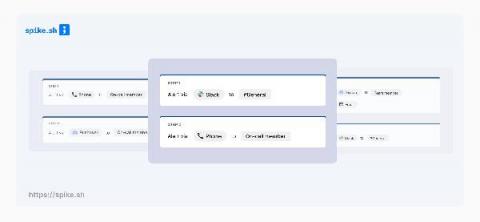Essential Tools for Site Reliability Engineers
Site reliability engineers (SREs) are involved in scaling systems and making them reliable and efficient for organizations. But SREs often fail to build system resiliency when they do not have the right tools at their disposal. In this post, we’ll uncover five leading tools that SREs can use to drive the reliability and stability of computing systems. It also examines how SREs can use the tools to improve operations tasks and infrastructure processes.










